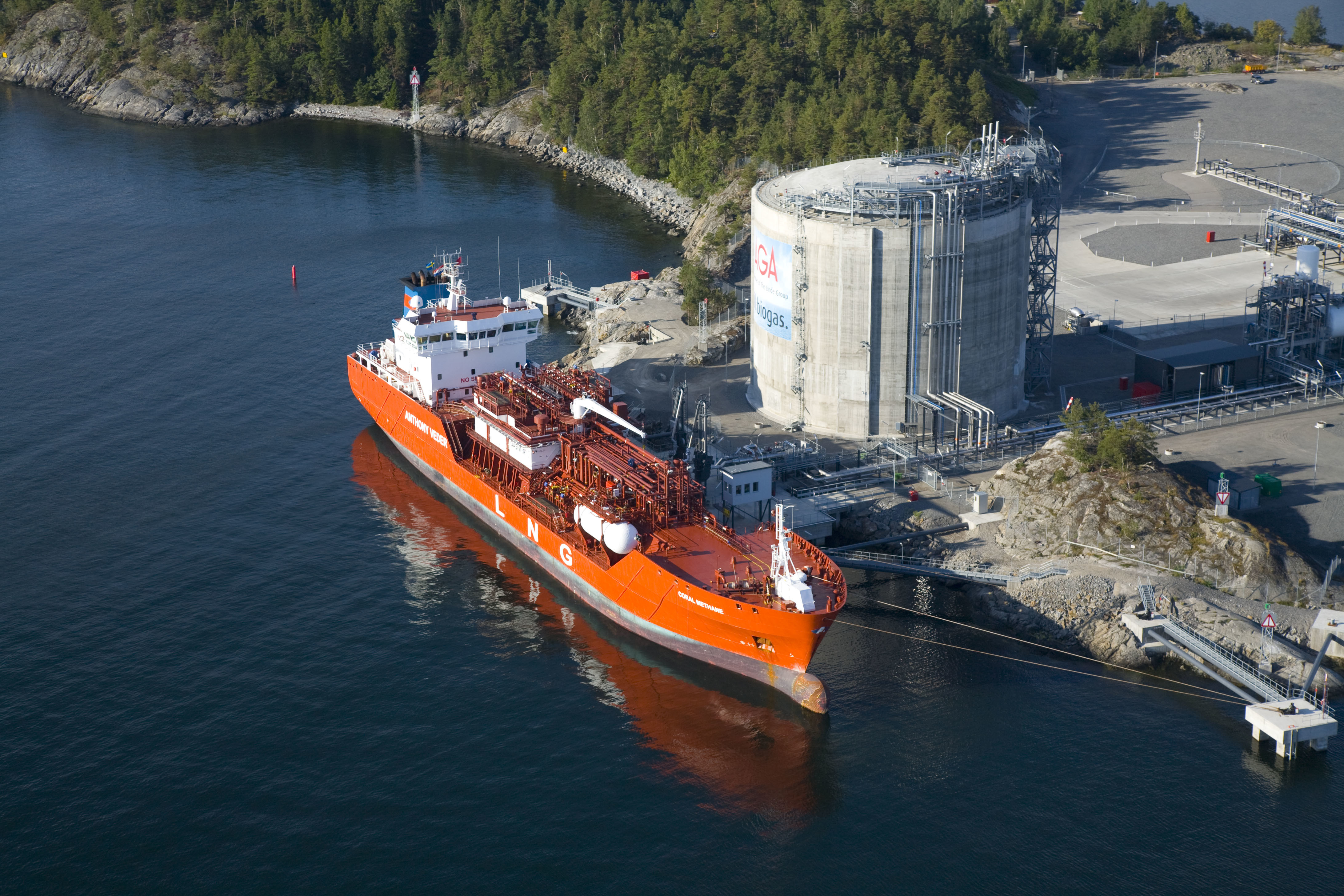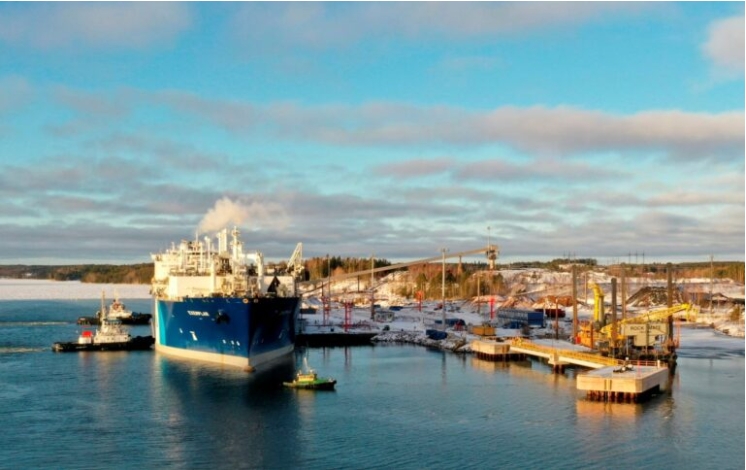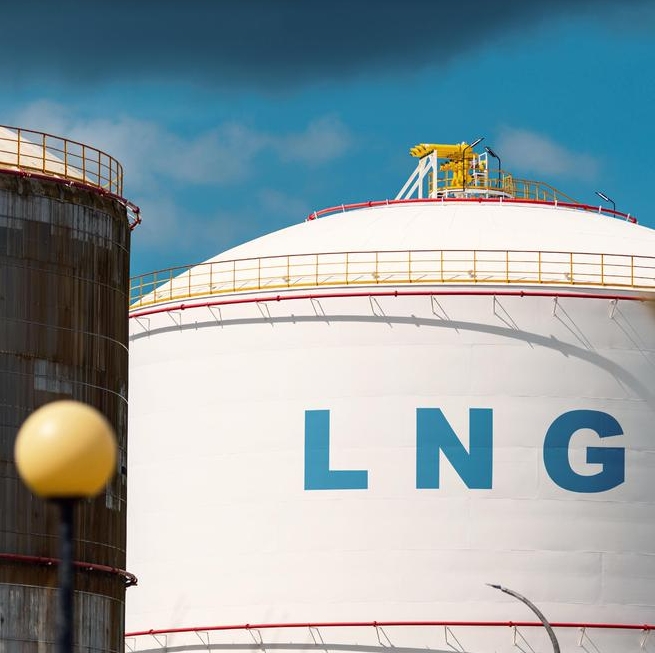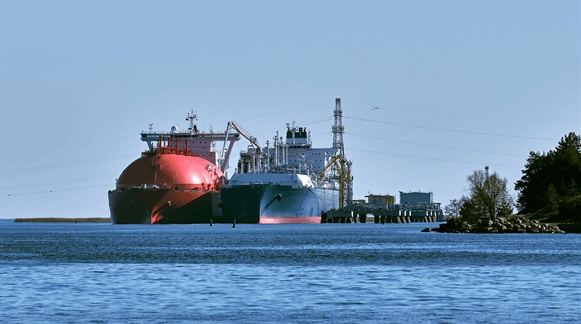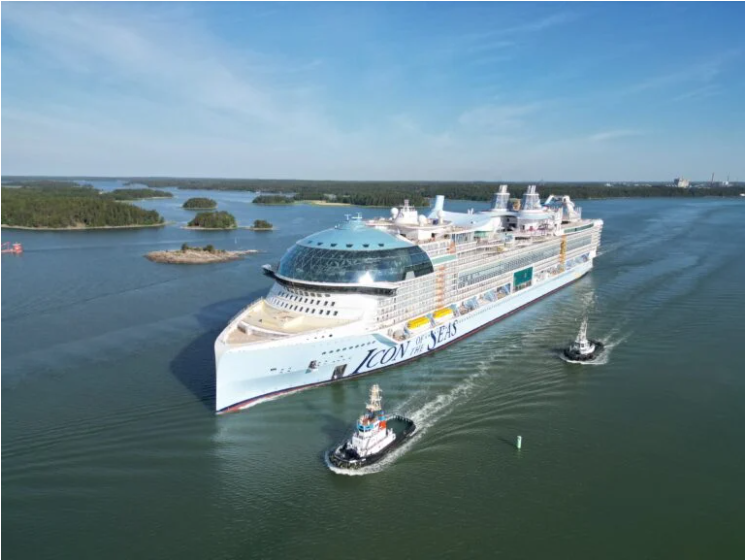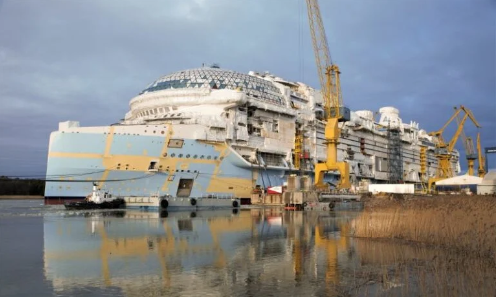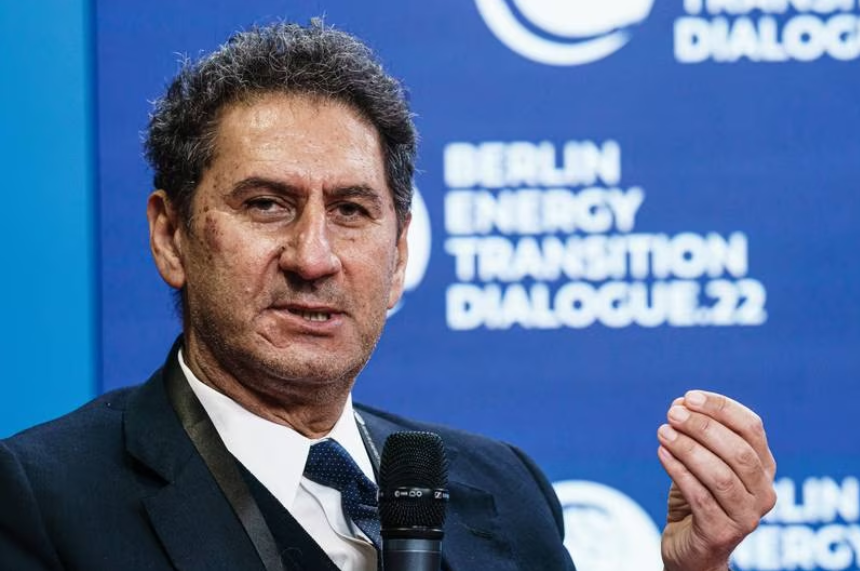The move follows sudden damage on Sunday to a gas pipeline and telecoms cable connecting Finland and Estonia, in what investigators believe could have been deliberate sabotage.
Separately, Britain said it would step up its military presence in Northern Europe, including deploying 20,000 troops to the region next year, to help protect critical infrastructure at a time of growing concern over Russian sabotage.
Russian President Vladimir Putin dismissed as "rubbish" the idea that Russia damaged the Balticconnector pipeline and suggested such claims were made up to divert attention from what he said was a Western attack on the Nord Stream pipelines last year.
Finnish investigators have not said who caused the incident, nor have they linked it to the Nord Stream sabotage, which occurred last September.
Nordic and Baltic seismologists said that they had detected blast-like waves on Sunday but that the data was not strong enough to determine whether explosives were involved.
Britain's announcement came after a meeting of the leaders of Britain, Nordic and Baltic countries on the Baltic island of Gotland, during which damage to the pipe and cable was discussed.
British Prime Minister Rishi Sunak also met with Norwegian Prime Minister Jonas Gahr Stoere and the pair agreed on the need to reinforce security around subsea infrastructure. Norway supplies via pipelines about one third of all gas consumed in Britain.
